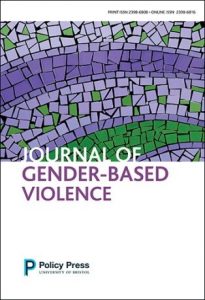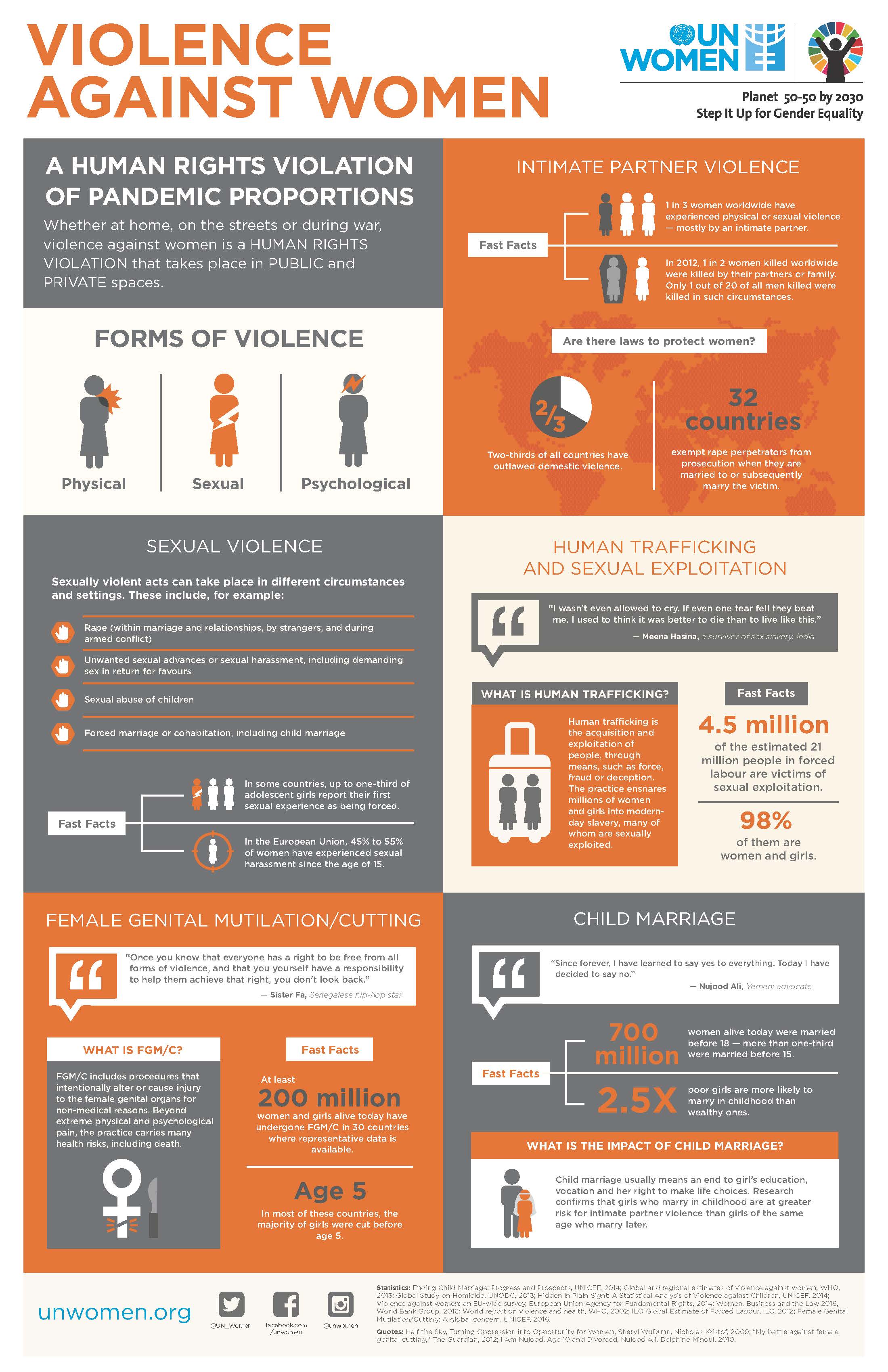Dr Lis Bates is a researcher in gender-based violence at the School for Policy Studies, and a former clerk of the House of Commons
The problem with Westminster
As a former clerk of the House of Commons, the recent Newsnight coverage(i) depicting a culture of unchecked bullying and sexual harassment by some MPs took me by surprise. Not because of the allegations: the stories reported, and many more, have long been open secrets in Westminster. But because, for the first time, the corrosive culture of normalising this behaviour was revealed. What is new is that the careful investigation of reporters Chris Cook and Lucinda Day has exposed a pattern of abusive Members not being held to account, and a historic management culture of quietly moving victims who speak out. This is a culture which has normalised the acceptance of bullying behaviour, refused to shine a light on the bullies, and thus tacitly condoned it. This is the same cultural quicksand which led us to Weinstein, Bennell and Saville: a wilful collective blindness.
The Newsnight investigation showed that some victims were believed but no action taken, and others’ accounts were minimised. The problem is, the effect is the same–a silencing of an individual’s voice, and an absence of justice. The House of Commons management’s ill-judged initial response to the story eloquently illustrates this: denying that there is any longer a problem, and insisting on looking forward with a zero tolerance approach to bullying and harassment sits jarringly with a refusal to look at past cases, and a policy under which not a single claim of sexual harassment has progressed even to mediation.
In this context, the publication on 8th February of cross-party working group recommendations to strengthen Parliament’s response to harassment, bullying and sexual harassment at Westminster(ii), and the setting up of working groups to beef up grievance policies and drive cultural change, are to be welcomed. The proposals finally start to strengthen an investigatory and sanctions system which for years has been notoriously weak, characterised by handing decision-making powers back to political parties, an absence of accountability for those who abuse their power, and consequently a significant lack of faith in the system by those who might be victims of harassment.
Since the Newsnight story broke, what has increasingly struck me is the parallels with the experiences of victims of sexual and domestic abuse: being disbelieved, discredited, or blamed for ‘bringing it on themselves’, for being weak or not resilient.
Current research from the Universities of Bristol, Cardiff and UWE (Justice, Inequality and Gender-Based Violence (hereafter ‘Justice project’)(iii), led by Professor Marianne Hester and funded by the ESRC, is casting new light on why sexual abuse and harassment cases require handling with particular care. During 2016-17, the research team interviewed over 250 victims of domestic and sexual abuse and harassment to ask “What is justice?”. The answer, it seems, is humblingly simple: being listened to, getting a genuine apology, and being given a voice. There are some direct lessons from our findings for Westminster, as it seeks to respond to sexual harassment, abuse and bullying.
Sexual harassment is about power inequality and rarely occurs in a vacuum
As with other interpersonal abuse, at its core, sexual harassment is about power inequalities which allow one person to exploit another with impunity. It often overlaps with other forms of harassment and abuse. In the Justice project, over a third (39%) of interviewees reported having experienced sexual harassment in the workplace or on the street. Over two-thirds of these women also reported having experienced rape or domestic abuse. The figures confirm that these experiences rarely operate in isolation: sexual harassment and violence frequently occurs as part of a continuum which disproportionately affects women.(iv)
The dynamics of sexual harassment and abuse in Westminster are even more particular. The exploitation of one individual’s power over another is exponentially magnified when the dynamics of an employer-employee relationship, and the power hierarchies of political structures, are fed into the mix. Added to this, the political setting means that (alleged) perpetrators can often use (implicit or explicit) intimidation tactics to undermine or discredit victims, and victims are often shamed or intimated into silence. This toxic cocktail was recognised by Caroline Lucas MP in describing the dynamics of power in Westminster which allows some MPs to get away with belittling and humiliation tactics against staff.(v)
It is therefore important that the working group report has recognised the particularities of sexual harassment, and proposed a separate process and systems of remedy and support from that for complaints of non-sexual bullying and harassment. It is important, too, that plans are underway to provide specific and specialised training to MPs, Peers and staff across Parliament about sexual harassment.
What victims/survivors want
Central to the deliberations of those investigating current and future provision, are the voices of those who experience sexual harassment and abuse.
To be listened to. Part of the process of justice, victims told the Justice project, was being given the space and place to say what’s happened, and be heard. A strong theme throughout our interviews was the importance victims placed on external recognition that harm was done. This was very often the first response to the question “What is justice?” and, for many, overrode ideas of punishment or revenge. As one female victim of domestic abuse and sexual harassment said, “he doesn’t accept that there’s anything wrong–and that isn’t justice to me. Justice would have been a realisation on his part that what he did was utterly dreadful and the impact it had was utterly dreadful”.
Here again is a parallel with Westminster–it is striking that all the alleged perpetrators of sexual bullying have vigorously denied engaging in any harmful behaviour. One has even gone so far as claiming to even have no memory of working with the victim. And, the historic management response of moving victims has the effect of strengthening the same message that the victim is to blame. Participants in the Justice project identified this pattern of behaviour when asked to define what “injustice” meant to them. One female victim of sexual harassment, domestic abuse and child rape said, “that person… does something wrong but then tries to put the blame onto the person they’ve actually done wrong by”.
The perpetrator to be held accountable. This was the other side of the same coin. It was very important to victims that the perpetrator take (at least partial) responsibility for the harm done. For many victims, ideally this would come from the perpetrator themselves, and involve a genuine apology and expression of remorse. But in many cases this had not happened. Here, the next best thing was for another party (the state, the police, their friends and family) to offer this recognition, and to hold the perpetrator (rather than the victim) responsible.
To have choice, control and voice in the process. Another key element in achieving justice for victims was getting back some control over what happened to them. This meant informed choices about what remedies they could pursue, and being put at the centre of decision-making about their case. The Justice project is finding that those experiencing violence and abuse sometimes choose not to pursue public or punitive justice options for a range of reasons, including fear of retaliation or consequences and concern for their status or assets (which, in the case of workplace sexual harassment, could be their job or professional reputation). This makes it vital that they can access a range of remedies when making a complaint. In part, this is because they often have had power and control taken away from them as part of the abuse or harassment. Offering them some control over the process therefore becomes an important part of justice.
For some victims (generally those not experiencing abuse from an intimate partner), a facilitated dialogue with the perpetrator offered an opportunity to have a voice, express the impact of the harm done to them, and create the space for the perpetrators to hear the victim and express remorse. This was especially true when the abuse had occurred within a closed or tight-knit (e.g. activist, traveller, religious) community, where victims often faced additional barriers to reporting abuse because they feared losing their membership of the community–for instance, being ostracised, disbelieved or expelled. These contexts affected the choices victims made about reporting, and have parallels with victims who are members of other closed groups like political parties. In the case of one victim we interviewed, the community organised an informal meeting between them and the perpetrator. For her this showed that the community recognised the harm done, and held the perpetrator to account.
Great care is required with mediation or guided discussion approaches in contexts (like Westminster) where there has been a history of institutional downgrading and minimising of complaints. In these cases, it is even more vital to make sure that victims are taken seriously, that specialists who understand the dynamics of sexual violence are engaged, and that remedies should always include options for punitive sanctions alongside any less formal routes.
However, there is growing evidence that less formal justice approaches can play an important part in some cases of sexual harassment, but only when they involve specialist mediators who can recognise power imbalances (including gender) and challenge abusive behaviours through a process of ‘transformational mediation’.(vi vii) Such mediation only works when it is voluntary and other options are also available to the parties involved. (viii) It should never be used as an alternative ‘first step’ in responding to allegations of sexual harassment, since the process by which a perpetrator accepts responsibility for their actions often requires a more formal investigation or finding of facts. But it can form part of an overall response. If not managed by specialists, mediation approaches can perpetuate harm; but when victims are properly supported by specialists who can reduce the intensity of their participation, they are valued by victims because of the recognition involved.(ix)
Support through specialist advocacy. The evidence from the Justice project and elsewhere (x xi xii) is unequivocal on the importance and effectiveness of specialist victim advocacy. Specialist sexual violence advocates play a crucial role in supporting victims using counselling, emotional support through court/other justice processes, practical help, and referrals to other support agencies. Advocates also can change cultures in other agencies and actors through so-called “institutional advocacy”.(xiii) The Justice project has examined over 400 police rape case files and found a statistically significant link between victims receiving support from a specialist sexual violence advocate and a criminal charge being made.
This body of evidence underlines the importance of victims getting targeted advocacy support from specialists who understand the dynamics of gendered abuse and harassment. In this light, it is positive that the Commons working group proposals include the commissioning of specialist ISVA support for any complainants. Such support should not be contingent on what resolution or justice processes victims choose to follow–it is a vital element irrespective of whether the route to remedy is an internal process, a formal resolution, or criminal justice.
Moving forward
Victims of sexual abuse and harassment want to be listened to, taken seriously, for the perpetrator to be held accountable, and to be able to make their own, balanced, choices about what happens next. Our society, and criminal justice system, does not yet get this right. The same is true of Westminster, where the culture for many years has been one of minimising and victim-blaming on a corporate scale. The new proposals from the Commons working group are a good step towards addressing this, and the most recent indications from the House authorities suggest a renewed commitment to change. There is rightly a focus on adequate sanctions–for too long this has been a deficit. But culture change is just as important, in particular reversing the practice of dismissing or moving victims, in favour of shining a bright light on the harassers.
The litmus test of any new system must be: if these events occurred today, would those victims feel able to come forward, be listened to, and have faith in the system and its decision-makers to deliver justice for them? Unfortunately, this is not yet the case. As the working group’s staff survey found, a majority of those who had made a report under existing procedures were dissatisfied with the choices given them for next steps, and the same proportion dissatisfied with the level of understanding shown about what an appropriate remedy, outcome or sanction would be from their own perspective. Similarly, the quotes from serving Commons employees following the management’s initial response to the Newsnight story clearly showed a lack of confidence, even disbelief and anger.
The current public spotlight gives an impetus and opportunity for meaningful and lasting change. But, there is one big piece still missing. How can there be confidence in the system if those who are widely known to have transgressed are still alllowed to get away scot-free? There needs to be proper investigation and justice for those who have already suffered. Recent criminal investigations (Saville, Bennell, sexual exploitation of girls in Rotherham) have shown that, even in historic cases, perpetrators can and should be held to account for their actions. Should Parliament and the political parties not now do the same?






